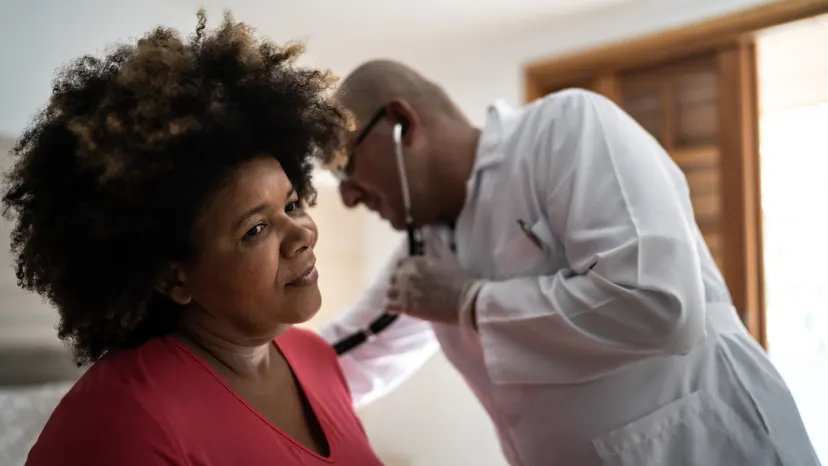Heart attack
Introduction
When blood stops flowing to your heart, that's a heart attack. But can you recognize the symptoms?
And if you're a woman, are the symptoms different than those commonly seen in men? Are there ways to prevent and treat heart attacks?
Before reading on, if you think you might be having a heart attack, get medical help now by calling 911, even if you're not sure. If you think you're witnessing someone having a heart attack, call 911 now.
Get the facts about heart attacks, including some of their causes, risk factors, symptoms, and more.
If you're concerned you may be at risk, be sure to make an appointment with your healthcare provider (HCP), who can assess your situation and help keep you on the path to wellness.
Heart attack causes

You might know that heart attacks are caused by a blockage in an artery that leads to the heart. Is it still considered a heart attack if the blockage is partial? What role does fat, cholesterol, and plaque play in your risk? What else can stop the flow of blood to the heart? Learn what may cause heart attacks and how lifestyle choices, genetics, your sex, and other factors may play a role in heart health.
Heart attack symptoms
You've seen the stereotypical images of someone having a heart attack in the movies or on TV. But does everyone who’s experiencing a heart attack have tightening in their chests, pain in their arm, or shortness of breath? The answer may surprise you. Symptoms can vary from person to person, and heart attack symptoms in women could be different from those in men. Know the symptoms of a heart attack so you can watch for them.
Heart attack diagnosis

Your HCPs will likely screen you for risk factors related to heart disease and work with you to develop a plan to reduce your chances of experiencing a heart attack. Find out what screening and risk reduction measures to expect. Will your medical team perform blood tests, a physical exam, or hook you up to a heart monitor? Will they order a CT scan or other imaging tests? Read about what to expect when being assessed for risk factors or diagnosed with a possible heart attack.
Heart attack treatment
If you're experiencing symptoms of a heart attack, your medical response team will take quick action. But what comes after a heart attack? After you no longer need emergency care, find out how your HCP will continue to work with you to help you recover. Part of your recovery may include spending time in a rehabilitation facility, participating in outpatient cardiac rehab, taking medications, or making lifestyle changes. Read more about what to expect.





